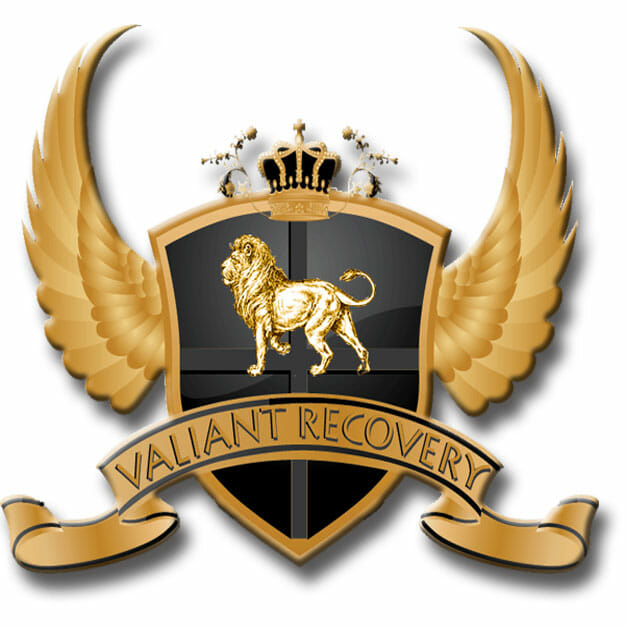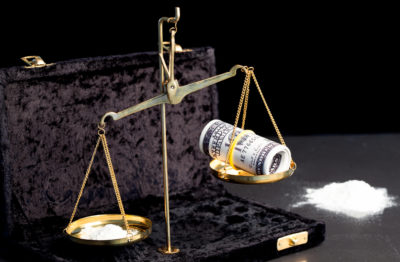Making the decision on where to receive treatment for addiction, can be said to be an essential step on the road to recovery. On a general basis, alcohol and drug addiction treatment programs fall into two categories: Inpatient or residential rehab, and outpatient rehab.
Both categories focus on granting solace to the addicted individuals, whilst being distinct in their qualities and the benefits which they come with.
Residential or inpatient addiction treatment are intensive residential treatment programs which are structured to handle serious addictions. While, outpatient rehabs are not full-time programs, which allows the user to continue to work or school during the day.
It is however important that both the addicted individual and their family and friends, have a good understanding of how the two categories work.
Inpatient rehab treatment which is also known as residential treatment, needs patients to check themselves in a supervised environment which would aid them in overcoming their addictions. Patients are required to stay at the clinic to undergo a round the clock emotional, psychological and medical support.
Before going for residential addiction treatment, there are some factors which you need to put in place:
Speak to your employer
Make arrangements for your family members and children if available
Know the personal belongings which are allowed into the treatment center
During residential addiction treatment, residents have the privilege of having full focus, and becoming sober, without facing distractions which come with the everyday life.
As regards outpatient addiction treatment, it is less obstructive and limiting than inpatient programs. Outpatient recovery programs are known to take around 10 to 12 hours in a week.
A typical outpatient addiction treatment involves focusing on drug abuse, group and individual counselling and also tutoring addicted people. Outpatient drug rehab is a good alternative for those whose addiction is not really critical.
Patients are advised to visit a treatment facility to hospital for regular check-ups during outpatient detox. Doctors would administer drugs at the point of treatment to ease withdrawal symptoms such as depression, anxiety, depression and an increased heart rate.





